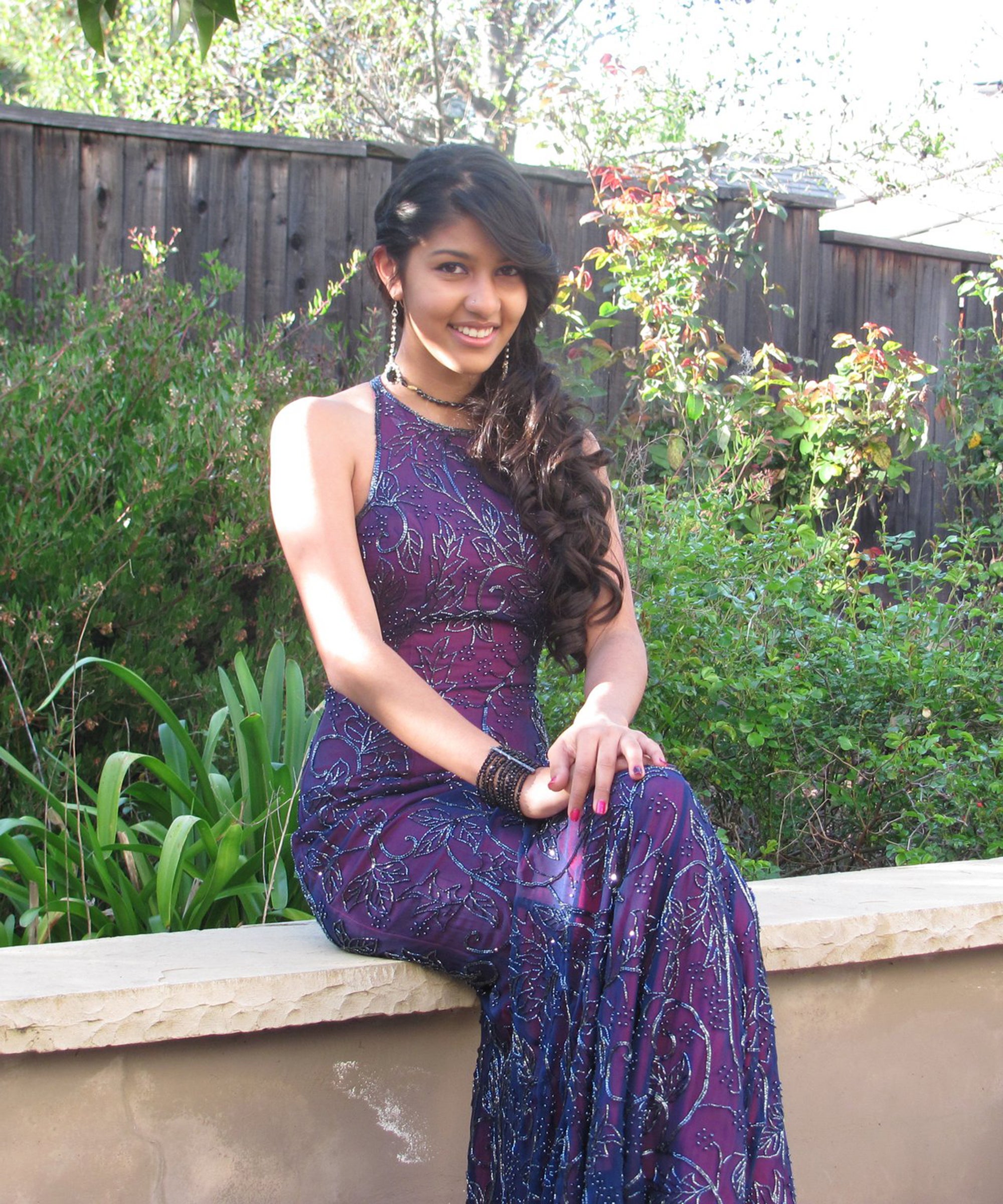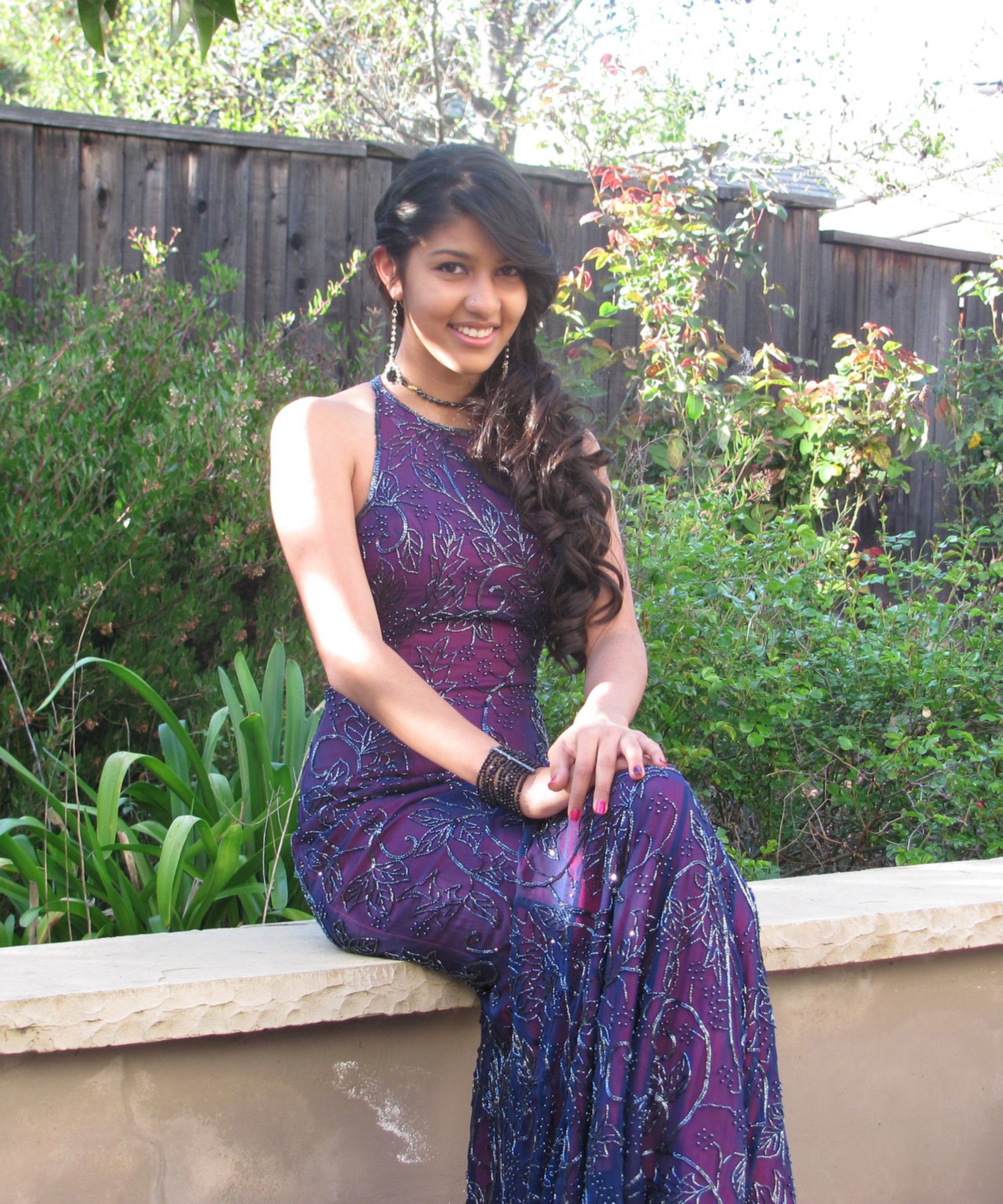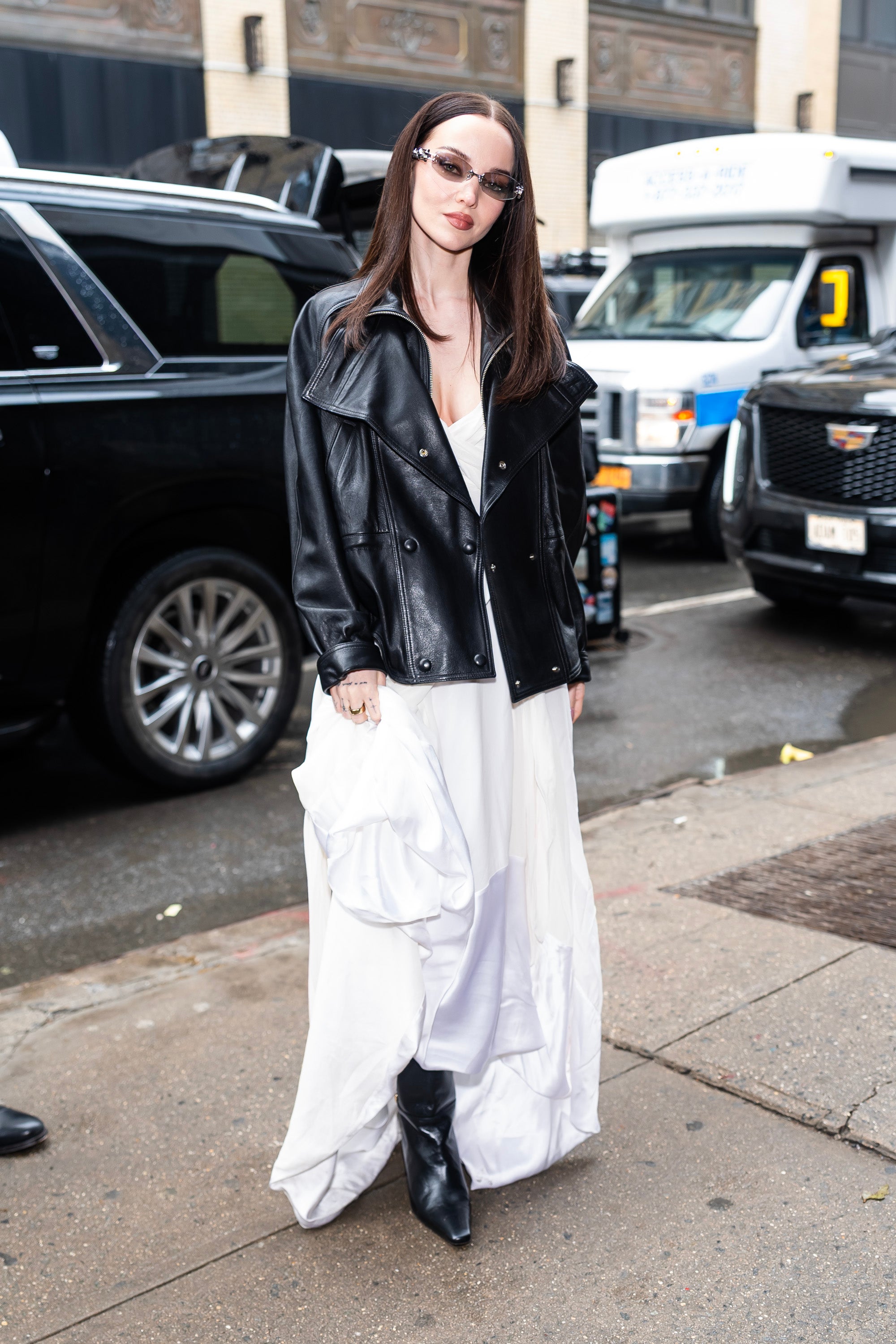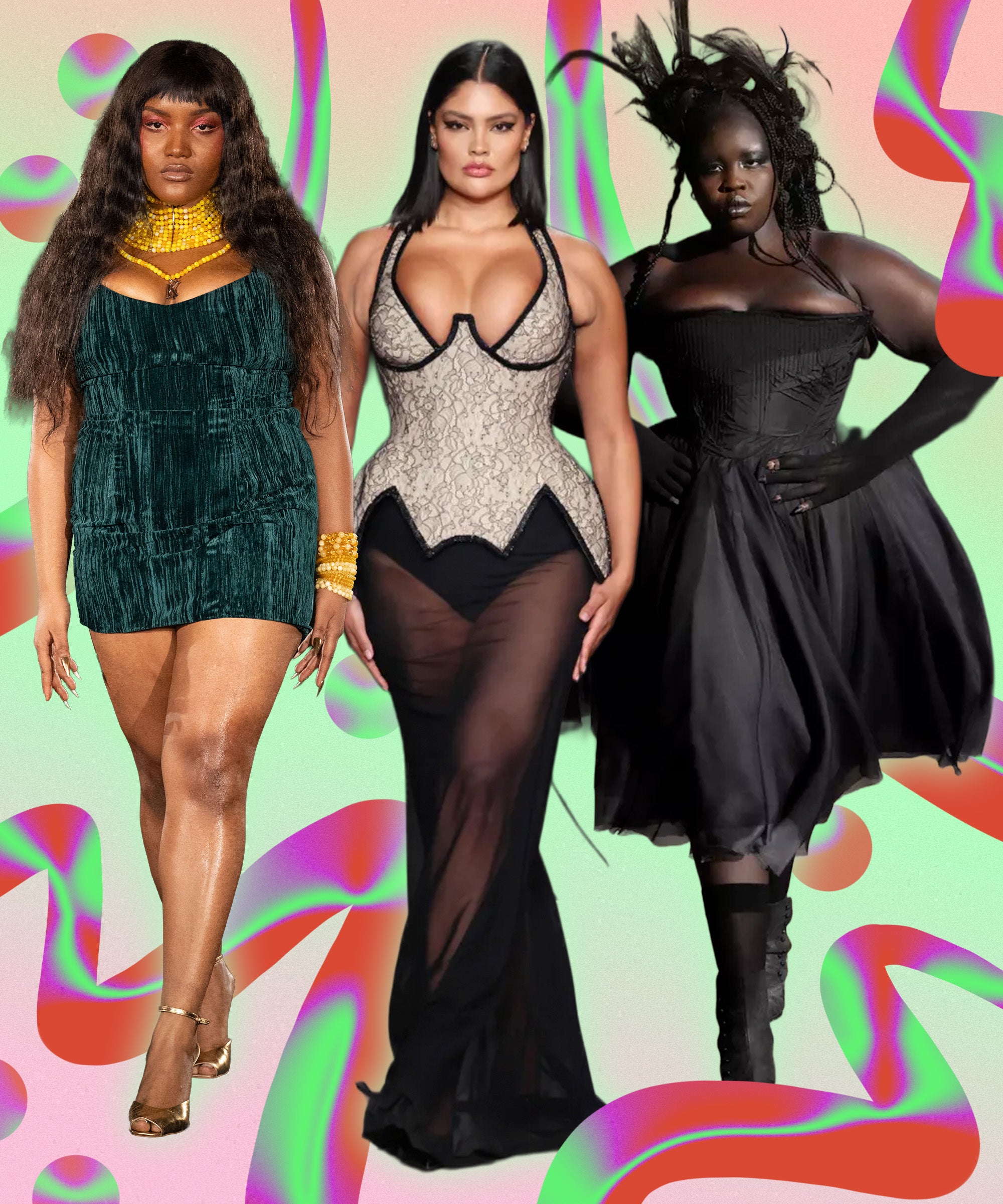
Trisha Bantigue first entered the pageant world in college in hopes of landing scholarship money, after having emancipated herself from her mother. Despite her initial reasons for participating, it quickly became a source of joy: “I ended up falling in love with the experience and making lifelong friendships and learning how to communicate and do public speaking, all while being able to pay my college tuition.” Still, dressing up for beauty pageants required a constant revolving door of dresses, accessories, and shoes that were too expensive for her. “I didn’t have the budget that some of the other girls had. I was an independent student,” Bantigue says. So she borrowed from others and turned to secondhand boutiques for the formalwear she needed for the events.
Today, Bantigue is helping make this happen for other people via her startup Queenly, a digital destination for secondhand formalwear, which includes wedding gowns, prom dresses, and pageant-ready styles. “It really embodies this new wave of inclusivity in formal fashion,” she says.
Indeed, boutiques, brands, and designers that cater to occasionwear often capitalize on social narratives around exclusivity that make dressing up for life’s special occasions pricey. In 2020, the average price of a wedding gown reached $2,439, according to Brides’ American Wedding Study. Meanwhile, families spent an average of $919 on prom-goers in 2018. Not only is this out of reach for some financially but, given how these looks are often worn only once, it’s environmentally unsustainable.
“It’s so common to buy an outfit for a formal occasion that you either don’t have many opportunities to wear or don’t love, so it ends up at the back of your closet,” says Noelle Sciacca, Women’s Editorial Lead at The RealReal. “Buying and selling formalwear on the luxury resale market is a more sustainable way to approach event dressing and it’s more cost-effective than buying new or renting, especially if you wear a piece to a few events and sell it after.” Shoppers are catching on: According to Sciacca, the online luxury consignment site has seen a significant increase in sales for formalwear, including mini bags, gowns, high heels, and cocktail dresses.
Bantigue and her co-founder Kathy Zhou say Queenly has also experienced growth in the past year, which she credits to a cultural shift that’s making secondhand formalwear less taboo. “The media and the fashion industry have ingrained in us that, in order for you to be that Cinderella at your prom, you have to buy this brand new dress for like $900,” says Bantigue. “But our mission here is to tell women, ‘Hey, no one really looks at the tag.’”
Shruti Malliwal can attest to that: When the astrologer turned up at prom, her secondhand dress was all the rage. “I had multiple people tell me that I was the best dressed at that event,” she says. “Of course, that’s all relative, but I think most people were just not expecting it to be from a thrift store.”

Affordability was the main reason Malliwal started looking for a secondhand gown, after her mom said she wouldn’t be paying hundreds of dollars for a one-time outfit. She found her dream look (pictured here) for $40 at a local thrift store: “I was very open to secondhand because I saw that the secondhand clothes were offering me something that didn’t look like everything else and looked like things that I actually wanted to wear,” she says.
Monica Sallay, the blogger behind @sartorialscraps, agrees that the thrift store hunt could make for a unique story. In Sallay’s case, she found her wedding dress by accident, 10 years before she got married. Sallay was walking around her neighborhood in New York City when she spotted a white mini dress on the window of a Goodwill store. She immediately tried it on, later learning that it was a Balenciaga number that would cost her only $100.
“I feel like it was about the time and place the dress found me because I was 18 years old and very lost,” says Sallay. “To find this holy grail of a dress felt so right and so affirming.” Ten years later, she married her now-husband during the pandemic wearing the Balenciaga dress. Sallay says it won’t be her last time. “I think this dress is special,” she says. “A lot of people don’t wear their wedding dress again, but I see myself [wearing it]many times for the rest of my life.”
Many people have gravitated toward the secondhand market following the pandemic, a time when society has been forced to question the effects of its consumer patterns on the environment. At the same time, there have also been supply-chain shortages and factory closures that have limited the distribution and production of formalwear, making it harder for prom attendees, wedding guests, bridesmaids, and brides to get their hands on brand-new dresses.
While some opt for secondhand looks out of financial necessity and for sustainability reasons, others are drawn to resale because they don’t want to deal with the often-intimidating environments established for shopping formalwear — be it strictly scheduled appointments at bridal salons or dedicated sections inside department stores. Not only can the formalwear shopping experience feel overly, well, formal, with an assigned staff member looking after the shopper, but there are also issues around sizing. For many plus-size women, the range of sizes available in stores makes trying on items in person a frustrating experience.
To avoid interaction that stores specializing in formalwear entail, Miami-based Marissa Clark decided to shop secondhand for her cousin’s wedding last year. It was her first time attending an event since the pandemic started and she wanted to be comfortable, both while shopping and on the day of the event. “I just don’t like being in big, fancy stores at the moment,” she says. So she relied on her less crowded favorite local thrift store, scoring a Tanya Taylor silk printed dress for $25. “You can’t beat it,” she says. The experience cemented her love of thrift shopping even more: “I can go through the racks that I need to go through really quickly and have the option of leaving when I need to leave.”
There are many reasons to embrace secondhand formalwear — affordability, sustainability, and a unique story. For Bantique, it comes back to remembering how secondhand clothing made her feel like a queen, even without a crown, during her pageant days. “You don’t have to spend that much to enjoy that special day of your life,” she says.
Like what you see? How about some more R29 goodness, right here?
Have You Considered A Secondhand Wedding Dress?




